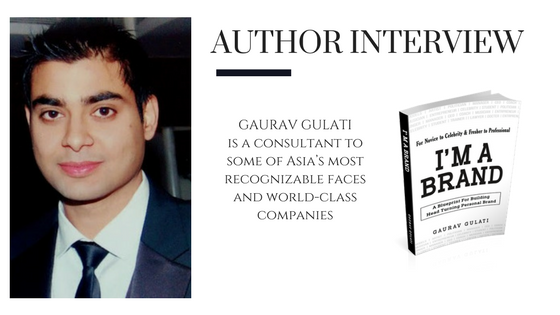Ethnomusicology
Dorothea Suh lives in Hamburg, Germany. She is a lecturer of Ethnomusicology at the University of Music & Theatre in Leipzig, Germany & will complete her PhD thesis on traditional Korean music this year. We have conducted an interview with her.
What is Ethnomusicology?
There is no easy answer to that, since it's still being debated between scholars, if the usage of „ethnomusicology“ is appropriate or not. Professionally, ethnomusicology describes a theoretical and methodical approach, encompassing cultural, social and - of course - musical aspects. The term was used to describe the research of non-western music first, but nowadays those boundaries are no more and I like to think of ethnomusicology as an anthropology of music. Personally, ethnomusicology opened a door for me to connect (or should I say re-connect?) with my own heritage.
Why did you choose to research on traditional Korean music?
The funny thing is, I didn't plan to, it just happened. I studied classical music before and strived to become a violinist. However, I grew up with the sound of the traditional gayageum (traditional korean zither), because my parents loved traditional music. Coincidentally, my diploma thesis was about Pansori, an epic song and my then advisor suggested, that I should carry on with my research – because I already had a lot of material to work with. I have never regretted my choice, there are still so many facets to discover within the traditional music of Korea, even after all those years researching, I find something unique and interesting. Especially my choosen topic, Pansori (an epic song, performed by a singer and a drummer) is never dull, it's so „alive“, vibrant and witty in its presentation. Additionally, I choose it, because I wanted to teach it.
How deep did you cover this topic for your PhD?
I live and teach in Germany (and there are only two other publications similar to my topic), so obviously, I had to relocate to Korea to gather all the facts and get access to resources. It was tough and took me a few years – but it was very rewarding. I met wonderful people who helped me along the way, such as Pansori master Song Sun-Seop, Prof. Finchum-Sung and Prof. Sheen. And I had the chance to do my research at the Seoul National University and received funding by the DAADNRF and AKS – incredible experiences I'm grateful about.
What are you hobbies? How does that influence what you teach?
Well, that's an interesting question, because I've never thought about my hobbies influencing my way of teaching before. I'm passionate about photography, reading and writing – and of course my dogs, but they are not a „hobby“ ;) I also love everything about Scotland and Doctor Who! Photography is, in a way, similar to playing the violin, you need to practise, it makes you focus, while absorbing your surroundings. I believe that I have incorporated this into my teaching. I want my students to be interested and invested in the topic they choose. And, more importantly, to become better than me. That's the kind of teacher I want to be, to push my students, so they can surpass me.
What do you envision for your future plans?
My immediate „future“ is: finishing my PhD thesis this year and publishing it in Germany. I'm publishing it in German, because like I said above, there are not enough publications in german language and I'd like to contribute to the change. I am currently teaching at the University of Music and Theatre Leipzig and I'd love to continue teaching, so I'm in the process of applying for postdoc and lecturing positions. Personally, I'd like to carve out some time to -finally!- visit Scotland. I have a weakness for men in kilts and red hair (and the highlands!).
http://twitter.com/Novemberbeetle




